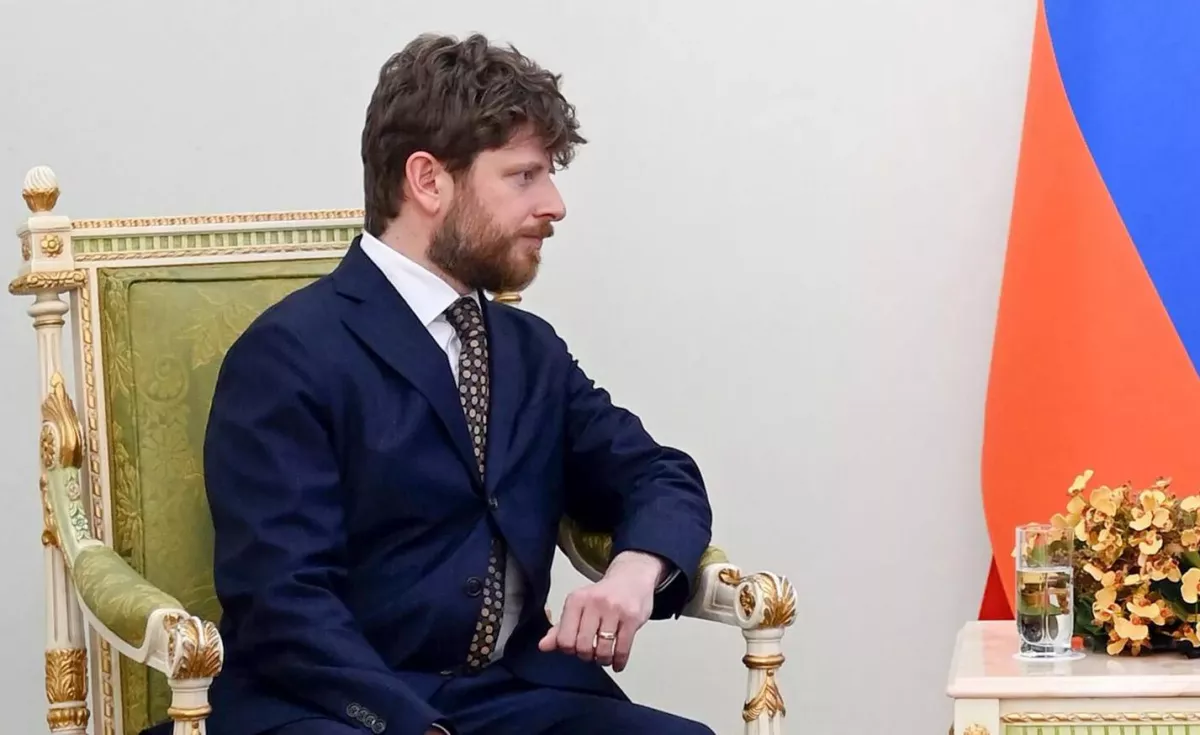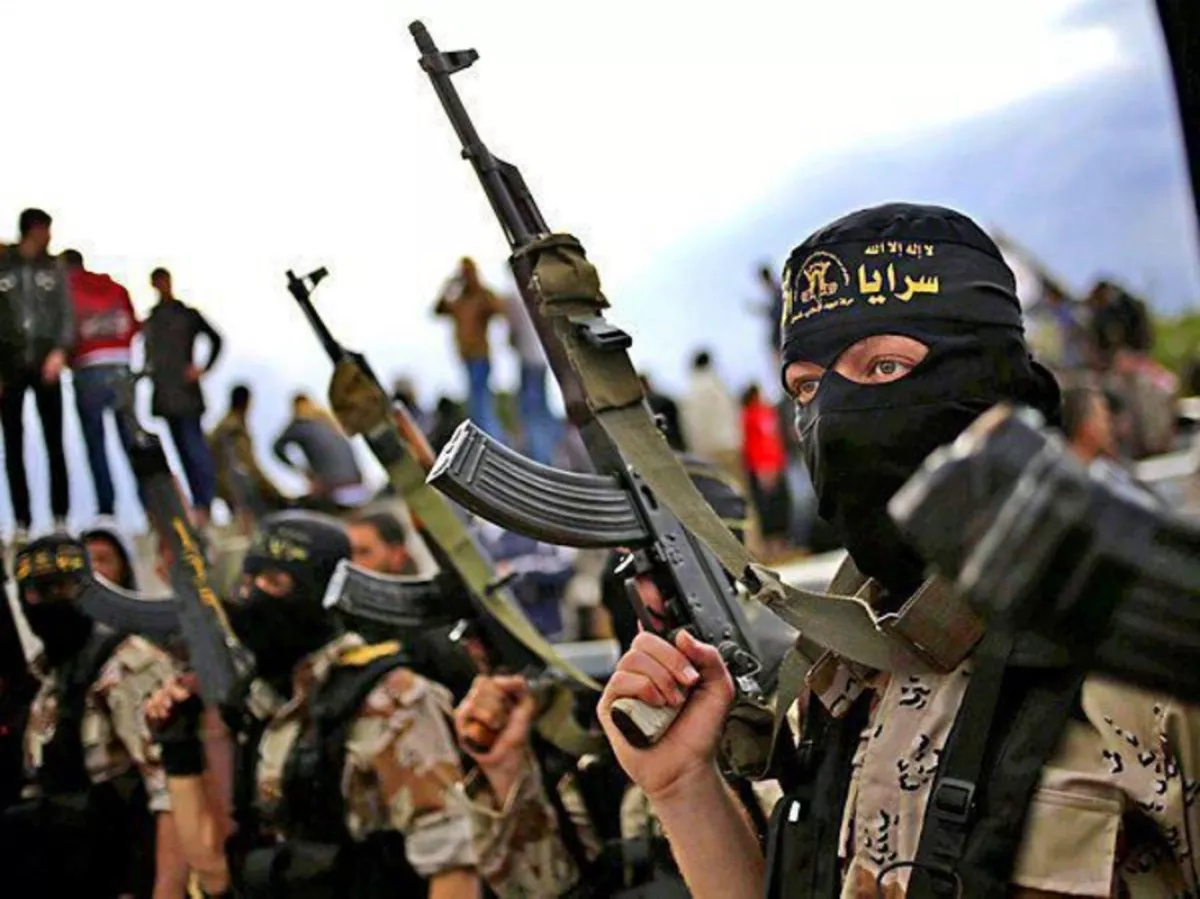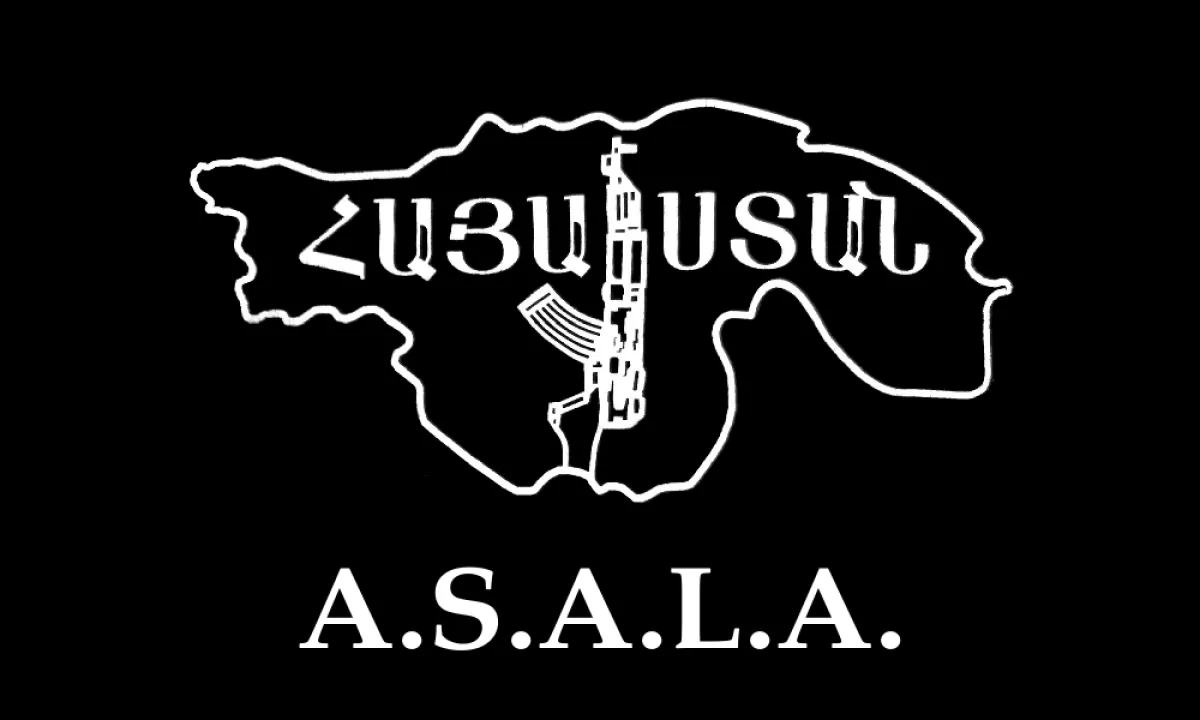French-style amnesia Yet another provocation by Decottignies
Olivier Decottignies, the French Ambassador to Armenia, has long earned a reputation as a staunch Turkophobe, liar, and manipulator. However, his latest stunt goes beyond even his usual antics, standing as a prime example of amorality and shameless deceit.
The “occasion” for the ambassador’s latest deceitful statements was the 11th anniversary of the events in Sinjar, a town in northern Iraq. During an ISIS offensive, the militants captured the city and carried out mass executions of Yazidis. According to various sources, the massacre claimed between 894 lives (Iraqi government figures) and over 5,000 people (latest UN estimates). On June 17, 2016, the United Nations officially recognised the extermination of the Yazidis in Sinjar as genocide.

On August 3, while paying tribute to the victims of those tragic events, Decottignies made shockingly immoral comparisons by describing the Yazidi genocide as a “repetition” of the events of 1915 in the Ottoman Empire, separated by a century. His words imply that the actions of ISIS and the Ottoman authorities lie on the same moral and historical plane. Such comparisons are utterly unacceptable — both from the standpoint of historical scholarship and basic logic, morality, and ethics.
It is well known that during World War I, the Ottoman Empire was at war with the major global powers — Russia, Britain, and France. Armed Armenian groups in Eastern Anatolia openly sided with the enemies of the state they lived in, actively participating in combat operations on the side of the Russian army and attacking Muslim civilians.
Historical records and testimonies confirm that uprisings and mass killings of Muslim residents occurred in several regions — for example, the massacre in Van in the spring of 1915. Naturally, the French Ambassador to Armenia chose to ignore these facts. He also “forgot” that the Ottoman government’s decision to relocate Armenians from front-line zones was a direct response to these acts of treachery and rebellion.
It’s worth noting that such measures were commonly used by many states during wartime. To equate this to the deliberate extermination of a peaceful population by terrorists in peacetime is a crude, deliberate, and immoral distortion of history.

ISIS is a terrorist group that emerged in Iraq and Syria, with the aim of establishing a totalitarian “state” based on a radical interpretation of Islam. Its methods included public mass executions, human trafficking, and terrorist attacks around the world.
Let us remind Olivier Decottignies that the modern Republic of Türkiye officially recognises ISIS as a terrorist organisation and actively participates in international efforts to combat it, including as a member of the U.S.-led global coalition.
It is also worth reminding the French diplomat — who has long ignored the principles of morality and decency — that despite facing internal crises, the Ottoman Empire remained a multi-ethnic state for centuries, home to Muslims, Christians, and Jews. Before the outbreak of World War I, Armenians held seats in parliament, served in the government, and played a vibrant role in commercial and cultural life. Even today, a sizable Armenian community lives in Türkiye. They publish their own newspapers, own major businesses, and maintain places of worship, including functioning Armenian churches and the Constantinople Patriarchate of the Armenian Apostolic Church.
Yet Olivier Decottignies conveniently chooses to ignore all of these facts — while also overlooking the uncomfortable truth that the very country he represents was itself the scene of bloody attacks carried out by Armenian terrorists in the 1970s and 1980s.

The Armenian Secret Army for the Liberation of Armenia (ASALA) and Justice Commandos Against Armenian Genocide (JCAG) carried out dozens of terrorist attacks targeting Turkish diplomats, businesspeople, and ordinary citizens — including on French soil. One of the most notorious examples is the 1983 Orly Airport bombing, where an ASALA-planted explosive claimed the lives of 8 people and injured over 50. Despite the severity of such crimes, many convicted terrorists were later released by French authorities — under pressure from the Armenian lobby and in blatant disregard for the principle of justice.
Against this backdrop, the French ambassador’s remarks on “genocide” sound particularly hypocritical, considering France’s own responsibility for the extermination and subjugation of millions across Africa, Asia, and Oceania. Perhaps the ambassador should be reminded of the following:
– Algeria (1830–1962): Hundreds of thousands of Algerians were killed during colonial wars and punitive operations. It wasn’t until 2012 that a French president acknowledged the scale of the violence — without issuing a formal apology.
– Madagascar (1947–1948): In response to an uprising for independence, up to 90,000 people were killed — including 5,000 partisans and around 85,000 civilians. Other estimates suggest 100,000 were killed, and another 20,000 imprisoned in jails and concentration camps.
– Indochina (1945–1954): Numerous war crimes were committed against civilians during France’s attempts to suppress the struggle for independence.
– New Caledonia and Africa: France continues to suppress uprisings and engage in practices of ethnic discrimination in these regions.
In light of this historical record, France has little moral authority to lecture others — especially when its own diplomats turn a blind eye to past crimes while weaponising historical narratives for political gain.
As we can see, before lecturing others and distorting the history of foreign nations, France would do well to deliver a proper legal and moral assessment of its own colonial crimes. And it would not be out of place to hear from Olivier Decottignies — or the French ambassador to our country — a just evaluation of the crimes committed by Armenian militants on Azerbaijan’s formerly occupied territories. For instance, a word of truth about the Khojaly genocide, or a fair reflection on how the once-thriving city of Aghdam was turned into the “Hiroshima of the Caucasus.”
But such acknowledgements are unlikely to be made by French ambassadors — because France has consistently followed a policy of double standards. And this was once again clearly demonstrated by the latest immoral statement made by Olivier Decottignies.
All of these points point to the fact that Paris prefers to rely not on facts, but on myths, speculation, manipulation, and Turkophobia — all while refusing to acknowledge its own responsibility toward those peoples whose histories it once tried to rewrite through the force of arms.








